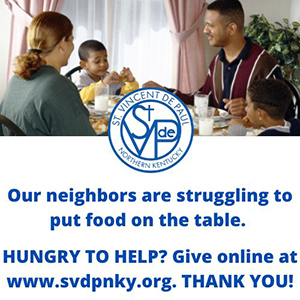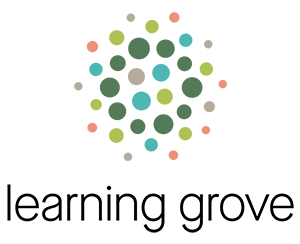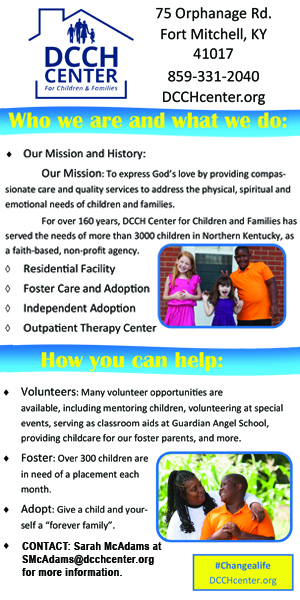By Maridith Yahl
NKyTribune reporter
The Life Learning Center in Covington is helping those at risk to make constructive and meaningful changes in their lives. Founded to help individuals help themselves break the cycle of poverty, the program provides an education that helps individuals achieve and sustain their potential.
Those at risk for poverty or homelessness apply to be a candidate, says Denise Govan, Managing Director.
“The verbiage we use here is very unique, we don’t call them clients, they are called candidates because we believe they’re candidates for change,” she says. During the interview process, a barrier analysis is made so barriers (anything from the need for glasses to childcare) can be removed, ridding them of distractions during the 12-week program.
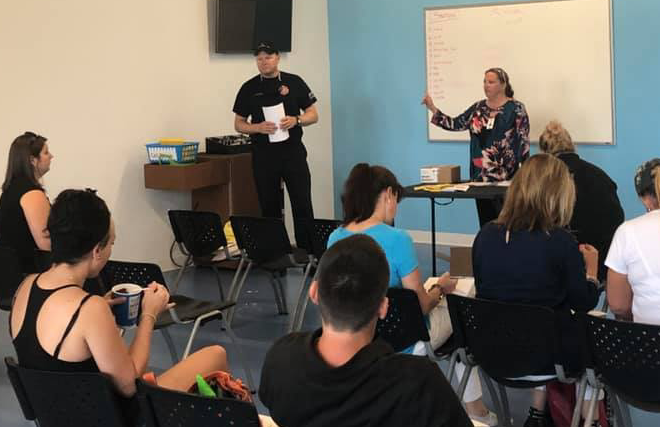
Innovation resoundingly drives the program. “The first 3 weeks they’re focusing on really getting to know themselves,” says Govan. An introspective program, ‘Foundation for a Better Life,’ drives candidates to self-reflect, learn their personality style, understand the stages of change, find purpose and reasons for being in the program, and develop a vision, she says. “[They are] focusing on how to let go of the past, the things they can’t control,” says Govan.
Candidates move right into working for a better life. Concentrating on employment, they build skills in areas such as how to build a resume, interviewing, being a good employee, and advancement opportunities. “It’s all about the long-term strategy for success,” Govan says.
After the first six weeks, candidates then focus on five pillars of life: physical, spiritual, emotional, relational, and financial. “[We] help individuals build blueprints for each of those domains,” says Govan. As they create their best version of themselves, all areas are addressed, leaving no area lacking, she says. Candidates are given tools, building a personalized toolbox for their needs. Learning and developing emotional intelligence and social competencies is part of the skill set they learn.
Of the individuals served 93% have a misdemeanor or felony conviction, 86% have a felony says Alecia Webb Edgington, President and CEO. The program keeps individuals from sitting in jail learning nothing, only to be released to return to the same life. It creates systemic change.
To help those with substance use, Life Learning Center utilizes sober living partnerships, says Edgington. They also partner with the Kenton County Detention Center on its Comprehensive Opioid Response with the Twelve Steps (COR-12) Program. Modeled off the Hazelden Betty Ford Foundation 12-Step Program, it combines medically assisted treatment for opioid use disorder as well as abstinence treatment, she says.
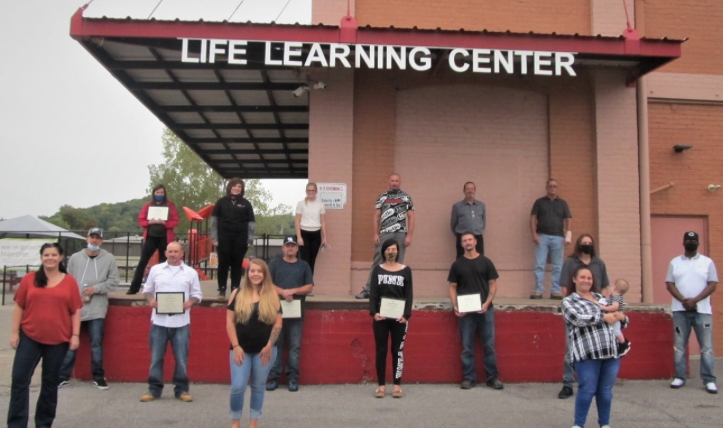
Candidates with substance use disorder and mental health issues simultaneously receive treatment from professionals and go through the program. The Life Learning Center works with community partners, collaborating with inpatient and outpatient facilities, says Laurie Hoppenjans, Director of Care. This breaks down those barriers so they can focus on learning and growing.
The program is working, and real change is taking place. In 2020, the three-year recidivism of Life Learning Center graduates as-a-whole (37%) is nearly half the national average (68%), while graduates also enrolled in the Comprehensive Opioid Response with the Twelve Steps (COR-12) program experienced a recidivism rate that is only a third (24%) of the national average, says Edgington.
“Once they’ve made some changes, they start to feel dignity. Once they feel an established dignity, then we want to teach the candidates status, how to sustain that dignity,” Govan says. Besides the candidates meeting their personal goals, they are asked to give back, to volunteer for the program. “What a powerful testament than someone who’s actually been in the individual’s shoes that is going through the program,” says Govan.
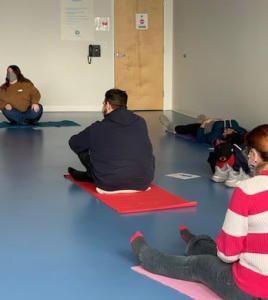
There are so many ways Life Learning Center helps the candidates along the way, but this could not happen without the support of the community.
They have a variety of needed donations. The Dignity Store, stocked with a myriad of donated items, is a place candidates can make purchases of toys for their kids, crockpots, or makeup with “Dignity Dollars” they have earned throughout the program.
Monetary donations are always welcomed but donating your time is as valuable. John Clancy, Director of Strategic Partnerships, says they are always looking for volunteer faculty to be an instructor, helping to guide the candidates. Candidate Support Coordinators are mentors who work with the individuals going through the program. “[They] have some of those out of class conversations with them, talk to them a little bit more about things that are going on in their lives,” says Clancy.
Meals are offered to the Candidates three times a day and with nearly 10,000 meals served annually. “Power Packs” of food are given to the candidates each weekend. There is a critical need for food donations now with the arrival of the cold winter months, Govan says.
Clothes are needed for their closet. Candidates need appropriate clothing for interviews. Everyday clothes are needed for those just released from the Kenton County Detention Center, sometimes only having what they were released wearing. “We provide them with a backpack with all the basic essentials from hygiene products, to new undergarments, new socks,” Govan says.
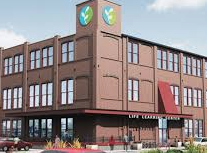
To find more ways to contribute and be involved click here. Upcoming fundraising events include a gala and the opportunity to rapelle down the side of River Center.
“Somebody who showed up at the front door to do an interview has lost their smile, lost their way, are trying to figure out what to do next, and what is that next step for them. They’re asking us for our guidance to help them figure that out with them and take that walk with them,” Venable says.
The program at the Life Learning Center is changing lives. It is more than a helping hand, it is a new way of life. By providing a whole health approach the candidates grow and become contributing citizens. It a simple concept, educating those at risk to learn how to take care of themselves. This helps break the cycle of poverty and substance use.












